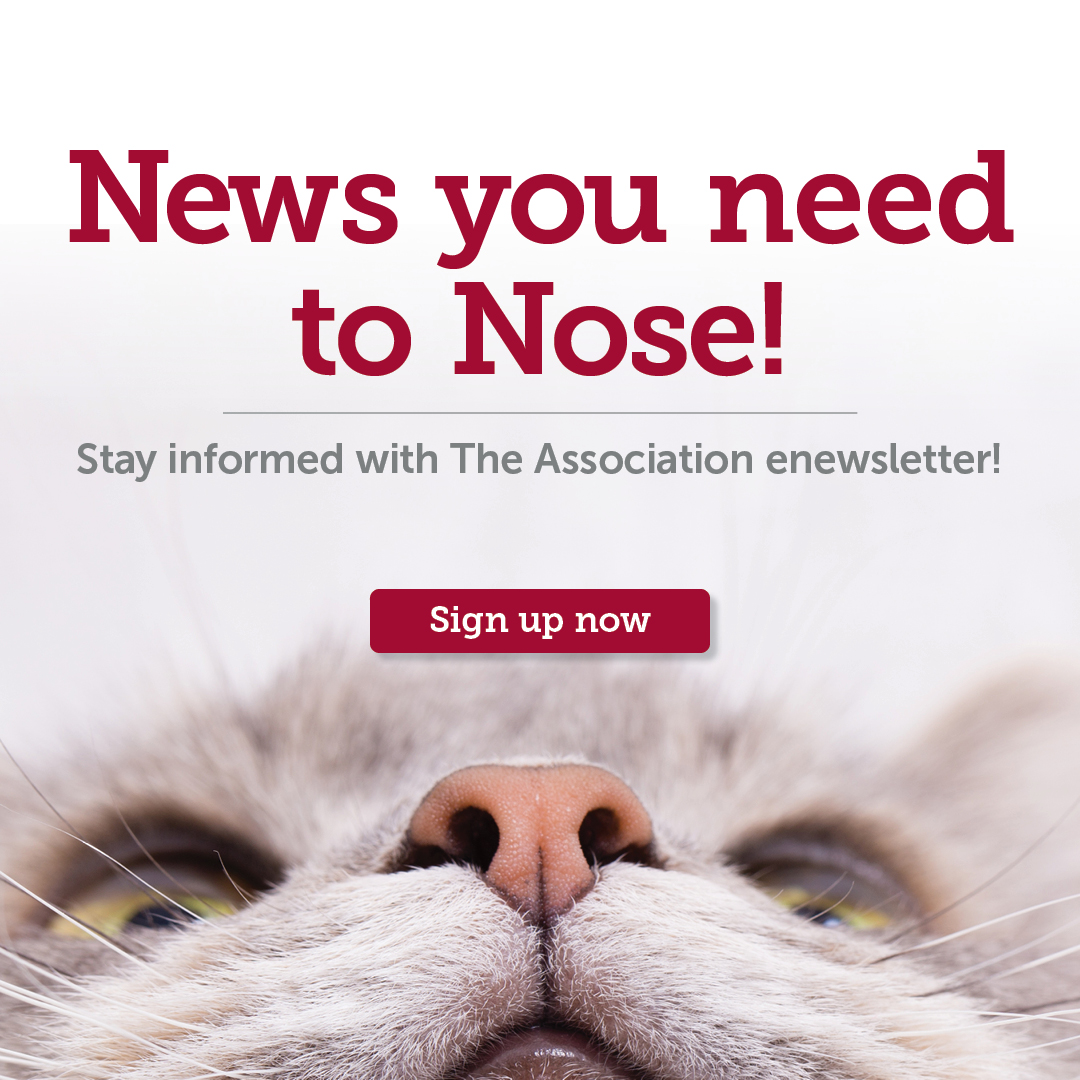News, ideas & inspiration from industry leaders

Women’s History Month, Part I: Perfect? No Thanks, We’d Rather Be Brave & Bold
I have always listed courage as one of my personal core values, because I believe one must have courage to live the other core values you embrace. Courage doesn’t mean you aren’t afraid; it means you act despite your fear. It takes courage to admit you aren’t sure, it takes courage to fail, and it takes courage to be vulnerable in front of peers and colleagues.
It also takes courage to stand up to acts of workplace discrimination, inequitable treatment of fellow employees, and microaggressions that permeate throughout workplace cultures. We often talk about macroaggressions toward women in the workplace – hostile work environments, sexual harassment, and other egregious examples. Recent movies like Bombshell and She Said give us a peek behind the headlines of such repugnance.
But could it be the culmination of smaller insults – death by a thousand cuts- that prevent women from reaching the pinnacle of career achievement? If Reshma Saujani, the founder of Girls Who Code, is correct that society teaches girls to be perfect instead of brave, and our spirits will tolerate nothing less, we have a problem. Each time a microaggression cuts us, we feel further flawed, and our confidence wanes.
These cuts are delivered in various ways, quietly eroding our expectations of perfection. Women who use their voice in the workplace are often told they are “bossy,” “intimidating,” “too aggressive,” or my personal favorite, “emotional.” Cut, cut, cut, cut. I have been described by others with each of these adjectives throughout my career. I have also been told I “speak like a man,” due to my directness. Another cut.
I have experienced several meetings where men show no compunction when interrupting a female colleague. I have also been that female leader rudely interrupted or dismissed by a male colleague. Cut, slice, cut. And during my second time serving as a CEO, during my contract re-negotiation, the Board treasurer offensively scoffed that I made more money than a CFO at a for-profit company in another industry. Was he expecting me to apologize? Would he have made that snide comment to a man?
Yet the irony is that the deepest cuts haven’t come from men but from other women – colleagues, board members, and co-workers – who have belittled my accomplishments, ridiculed my work, or simply demeaned my presence at the leadership table. When other women cloak themselves in superiority and hold themselves as better than other women leaders, they aren’t advancing our profession. And they aren’t brave.
As you reminisce scenes from Tina Fey’s social commentary Mean Girls, think about how we can be braver for emerging female leaders. It seems incongruous that professional women would use microaggressions toward other women in the workplace. And yet it happens daily; comments about another woman’s appearance, weight, or hair expressed via the mean girl trope. Criticizing a fellow female leader instead of lifting her up is another cut that requires Neosporin and a Band-Aid, all the while perpetuating a culture of microaggressions.
As female leaders working in animal welfare, let’s explore how we can help those coming up to navigate their journey. Seasoned leaders can seek out younger female leaders and provide them with feedback that uplifts and motivates them, or simply provide them with a safe space to talk through their challenges. Junior female leaders should reach out to senior female leaders and ask for mentorship.
As members of The Association for Animal Welfare Advancement, it seems the best way to elevate our profession is by providing guidance, counsel, and support to those just starting on their path to success. If we can help these emerging leaders when they fail, support them when they take a risk, or encourage their innovations, we will help mold the brave leaders of tomorrow. And that is truly advancing animal welfare and our profession, so that Women’s History Months to come will count us among those who have made a difference.
To launch this effort, why not share this reading list of leadership books authored by women leaders in 2023? Have your team pick a title to read and discuss together. Stay tuned for Part II in this mini blog series, in which Katherine shares insights and concerns from other women leaders in animal welfare.


